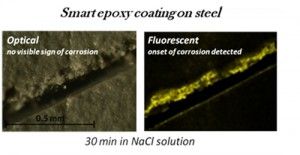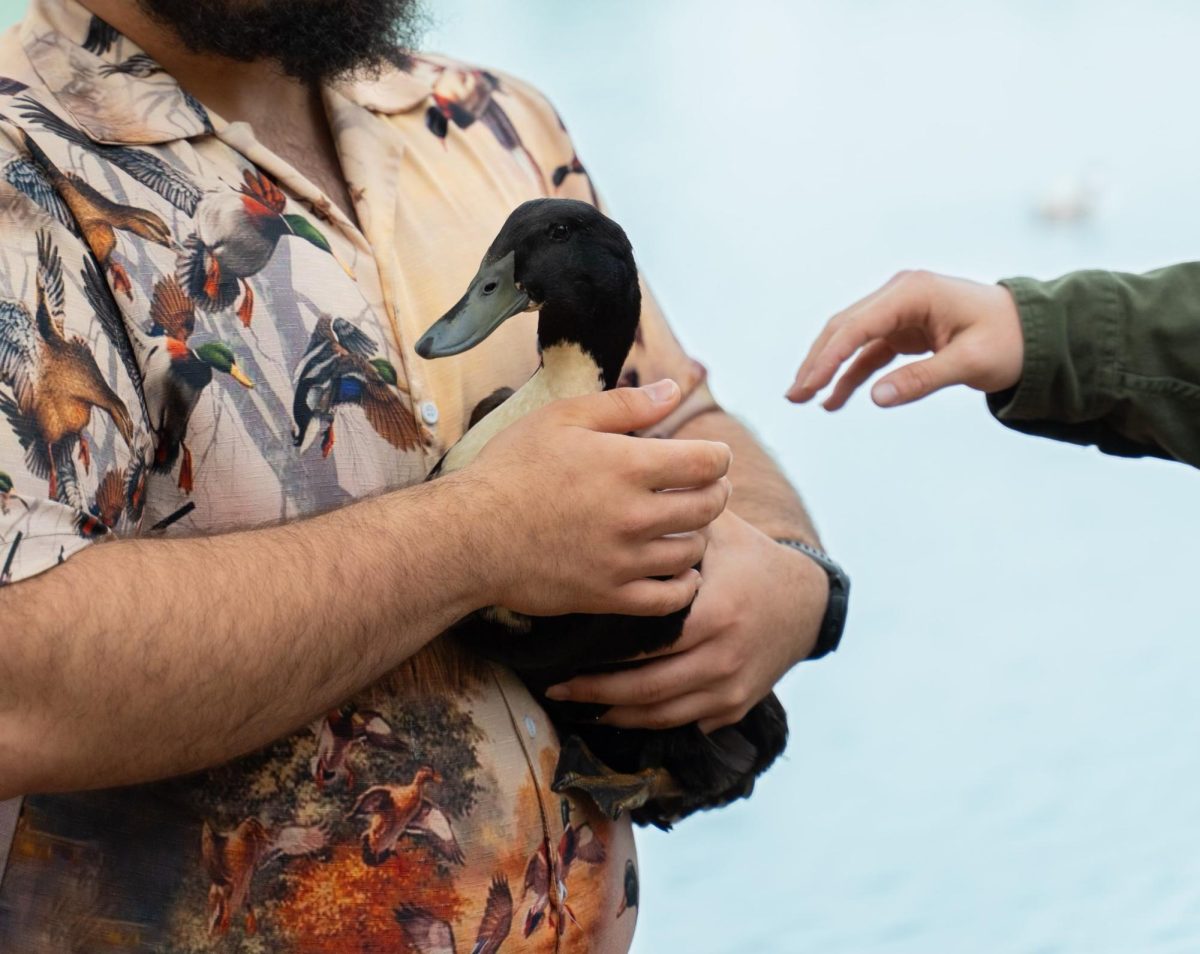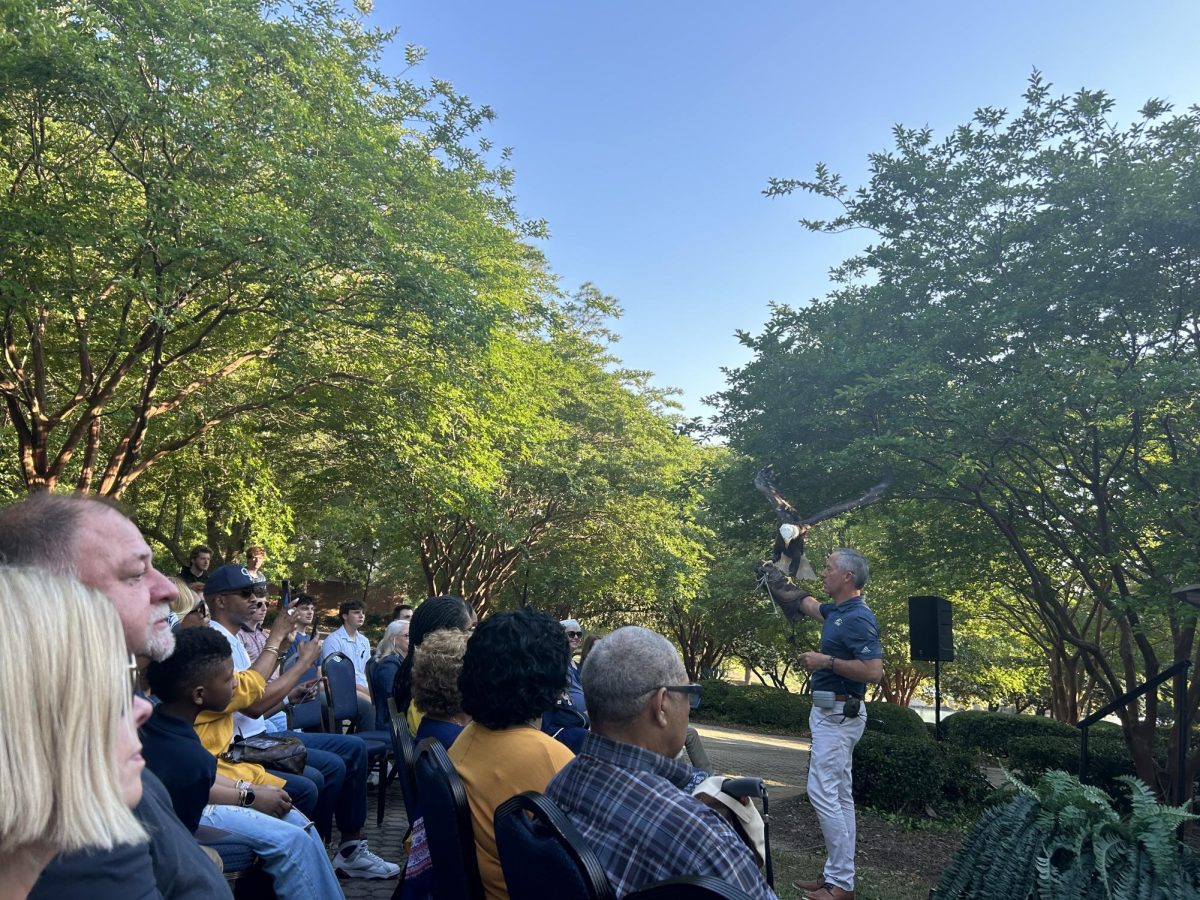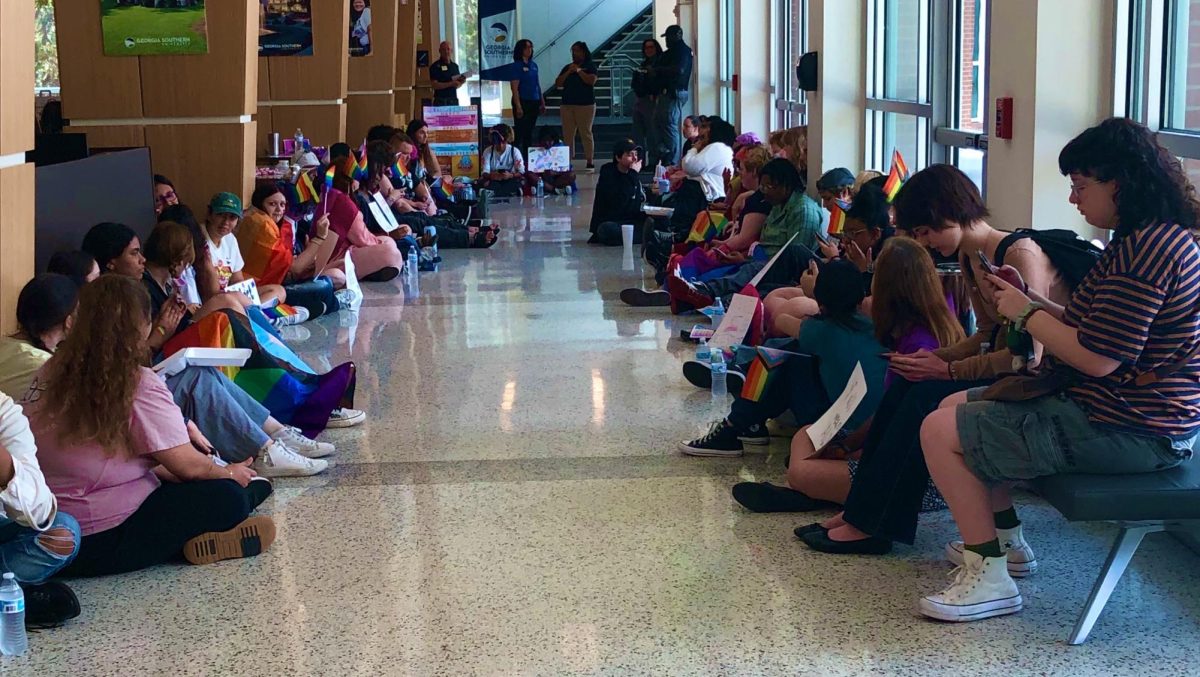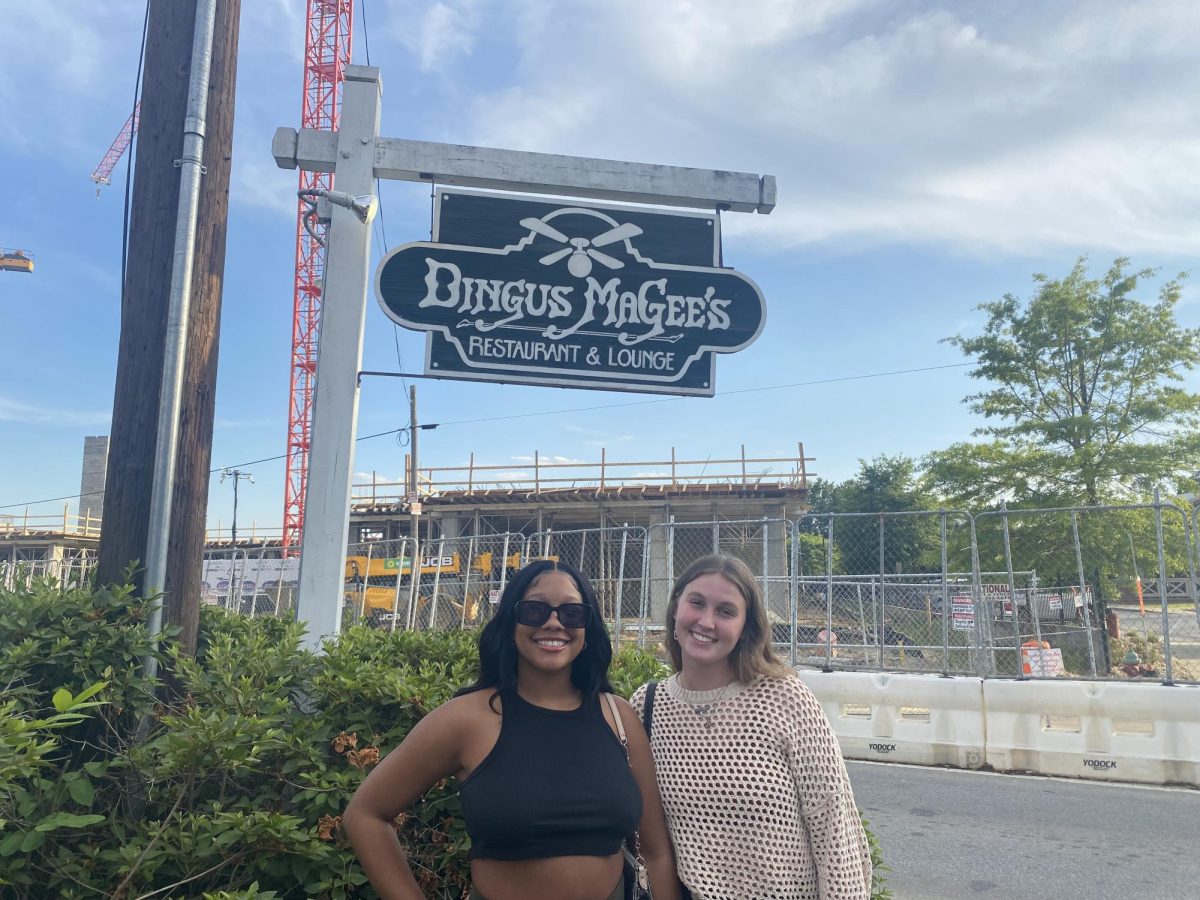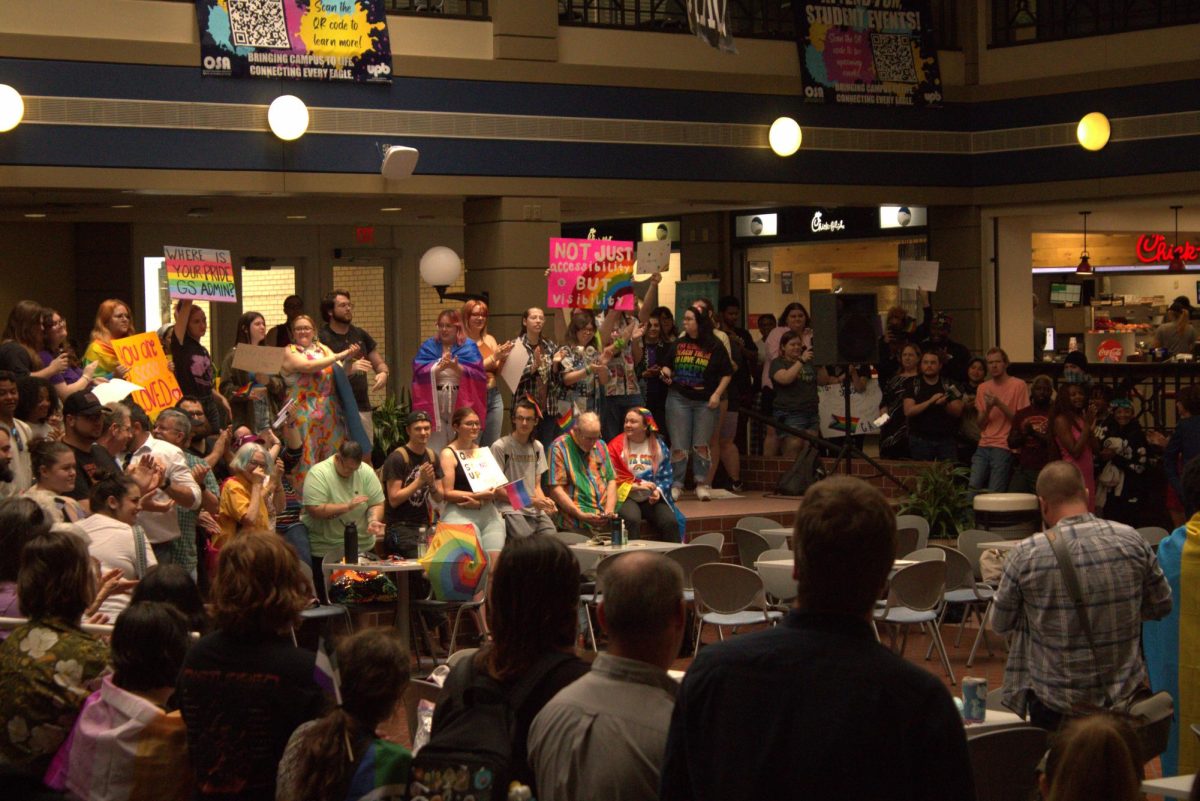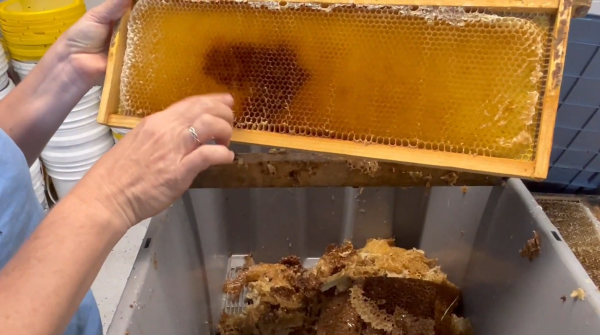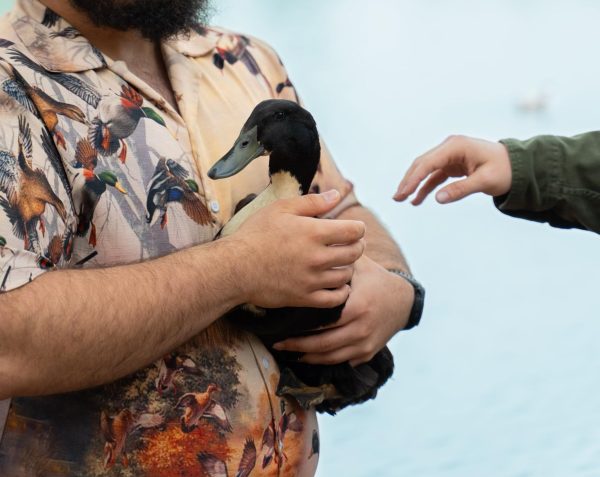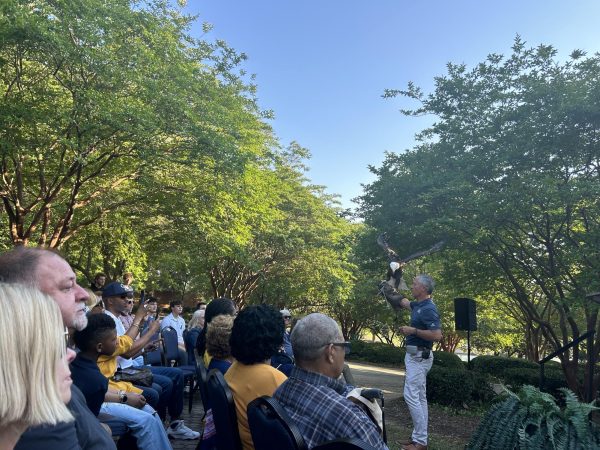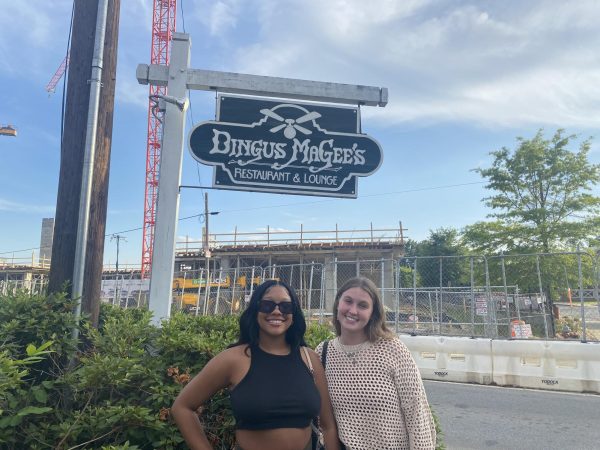GSU research team looking for way to stop corrosion
February 26, 2013
The Office of Naval Research is funding a Georgia Southern University research team’s ongoing effort to create a coating that can detect and potentially stop corrosion on battleships and aircraft carriers.
The goal is to develop smart coating that can detect early stages of metal corrosion, while also finding a way to make a self-healing, corrosion-protection coating, Dr. Marshall Ming, professor of chemistry, said.
“In 2011, the total cost related to corrosion maintenance in Navy and Marine Corps alone was $7.36 billion. Overall in the whole U.S., combining military, civilian applications, not only for ships, but also for aircraft, railway bridges. Everything together, the new number is $1 trillion annually for 2012,” Ming said.
“If you were able to put off repairs necessary just for one year, you are saving $1 trillion worth of effort,” Dr. John DiCesare, professor of chemistry, said. “So there are a lot of people entrusted in ways of keeping corrosion from happening or delaying it in any way.”
The project has two goals, Ming said.
One goal is to determine the best time to detect corrosion for maintenance, Ming said.
The other goal is to find a way of prolonging the metal’s life by giving an anti-corrosion function to the metal, which will come from the coating, Ming said.
The coating is a polymer, a type of molecule, that will release a corrosion inhibitor, a function that stops corrosion, which will bond to the ions in the metal, Ben Howard, a junior chemistry physics major and member of the research team, said.
“It’s not like a typical chemistry lab where you have a plan. It’s more or less, you have to think and the overall goal is to make a contribution to science,” Robby Kirk, a senior chemistry major, said.
Ming said, “Not only in the U.S. but worldwide, there is a huge amount of effort and money spent on trying to solve the corrosion issue. We are just trying to make our contribution. We are not saying that we are going to come out with the ultimate solution.”

